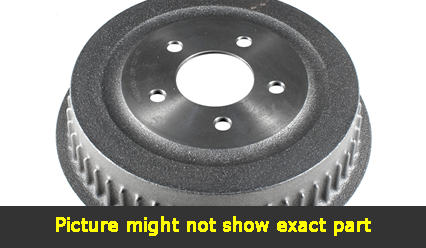2010 Ford Focus Brake Rotors and Pads
Click here to search another vehicle
All Rotors:
OEM x
Coated x
Drilled, Slotted and Coated x
Front x
Rear x
All Pads:
Ceramic x
Semi-metallic x
Front x
Rear x
Found 9 record
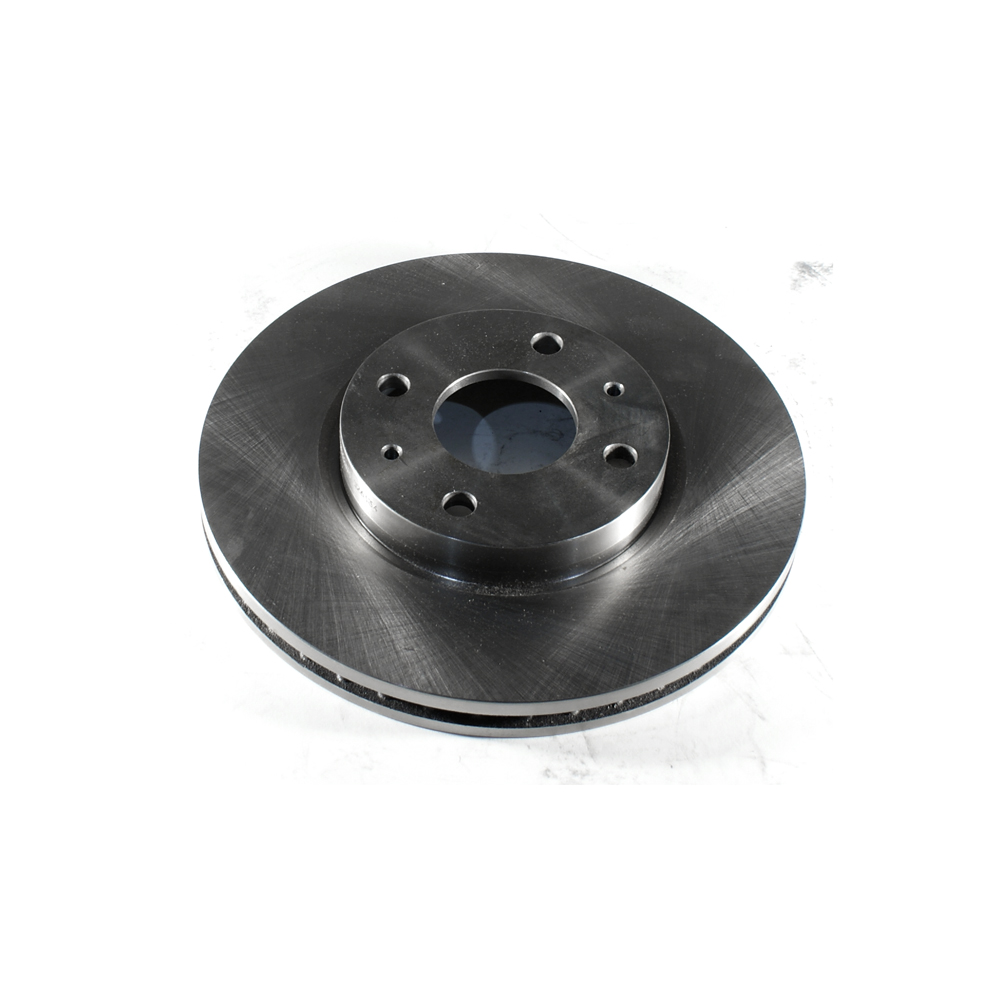
Part No: BR54161
Raybestos: 680677
OE: 8S4Z1125A
Raybestos: 680677
OE: 8S4Z1125A
$43.47 each
Per Car QTY: 2
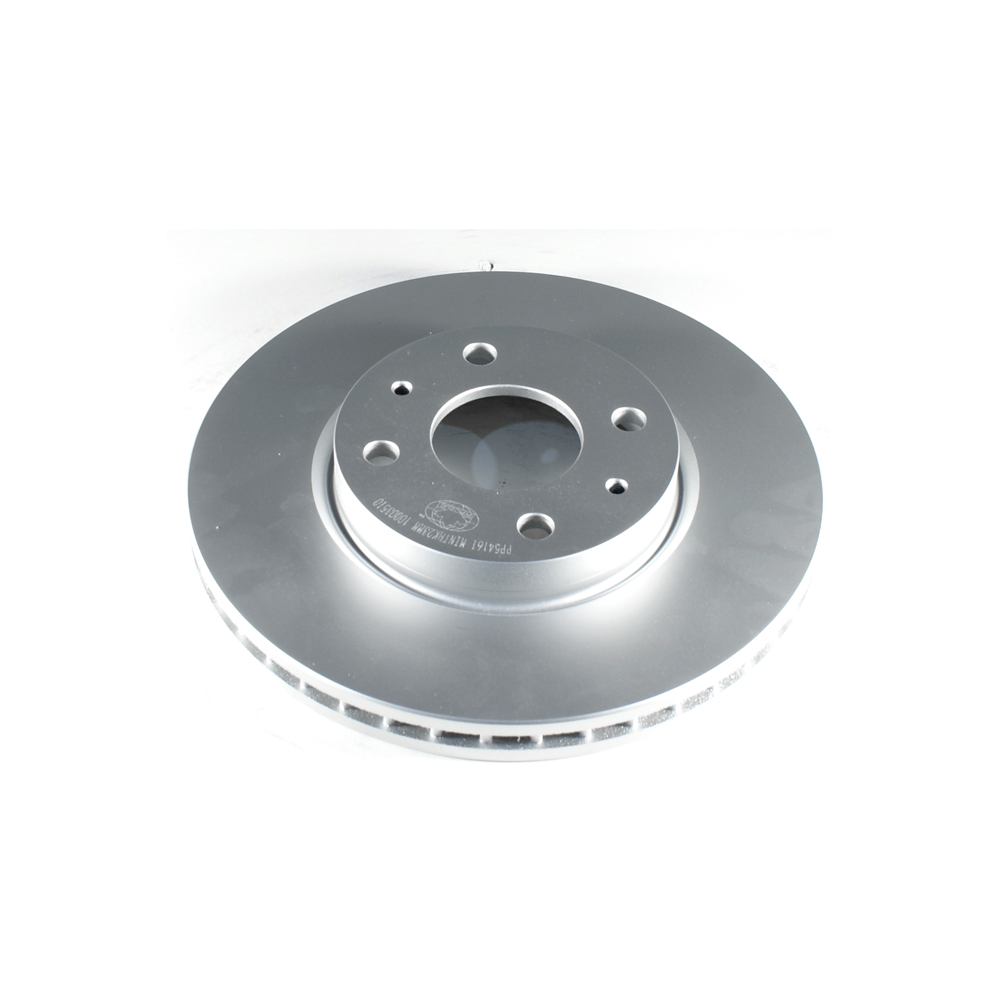
Part No: PP54161
Raybestos: 680677
OE: 8S4Z1125A
Raybestos: 680677
OE: 8S4Z1125A
$55.12 each
Per Car QTY: 2
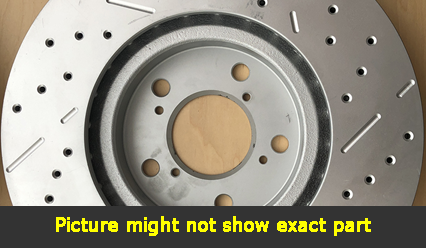
Part No: SP54161L
Raybestos: 680677
OE: 8S4Z1125A
Raybestos: 680677
OE: 8S4Z1125A
$87.52 each
Per Car QTY: 1
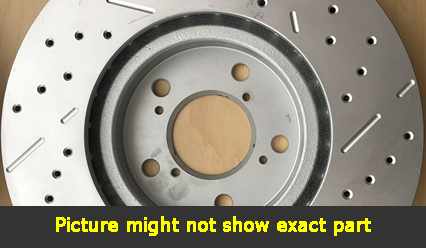
Part No: SP54161R
Raybestos: 680677
OE: 8S4Z1125A
Raybestos: 680677
OE: 8S4Z1125A
$87.52 each
Per Car QTY: 1
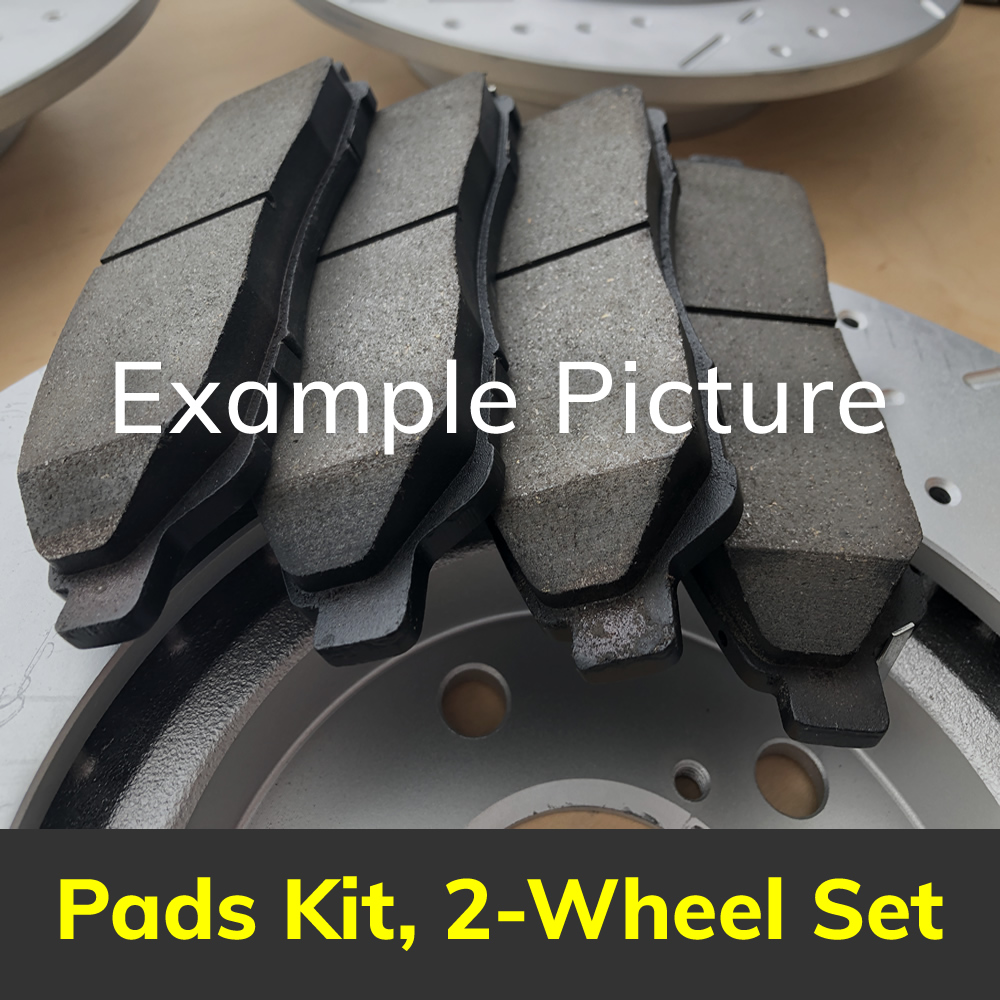
Part No: PD1044C
Raybestos: 1044
OE:
Raybestos: 1044
OE:
$36.81 each
Per Car QTY: 1
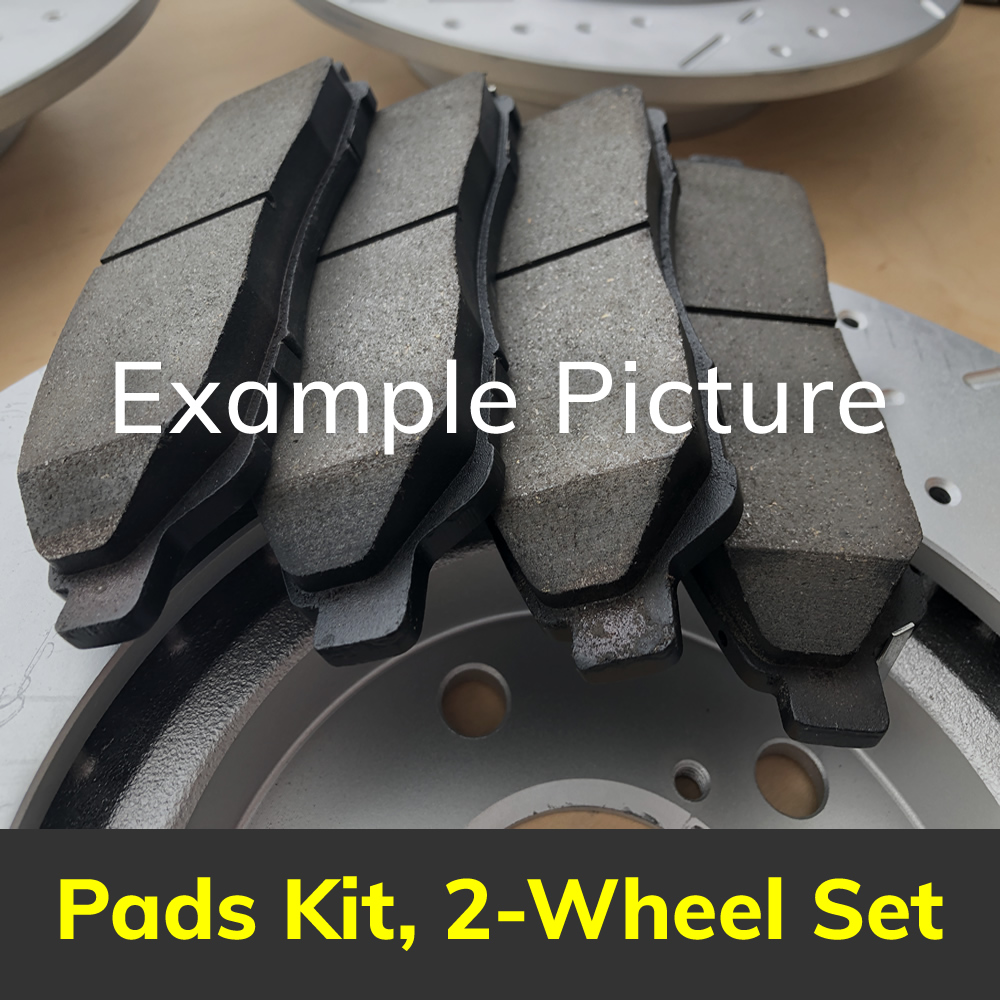
Part No: PD1044E
Raybestos: 1044
OE:
Raybestos: 1044
OE:
$43.09 each
Per Car QTY: 1
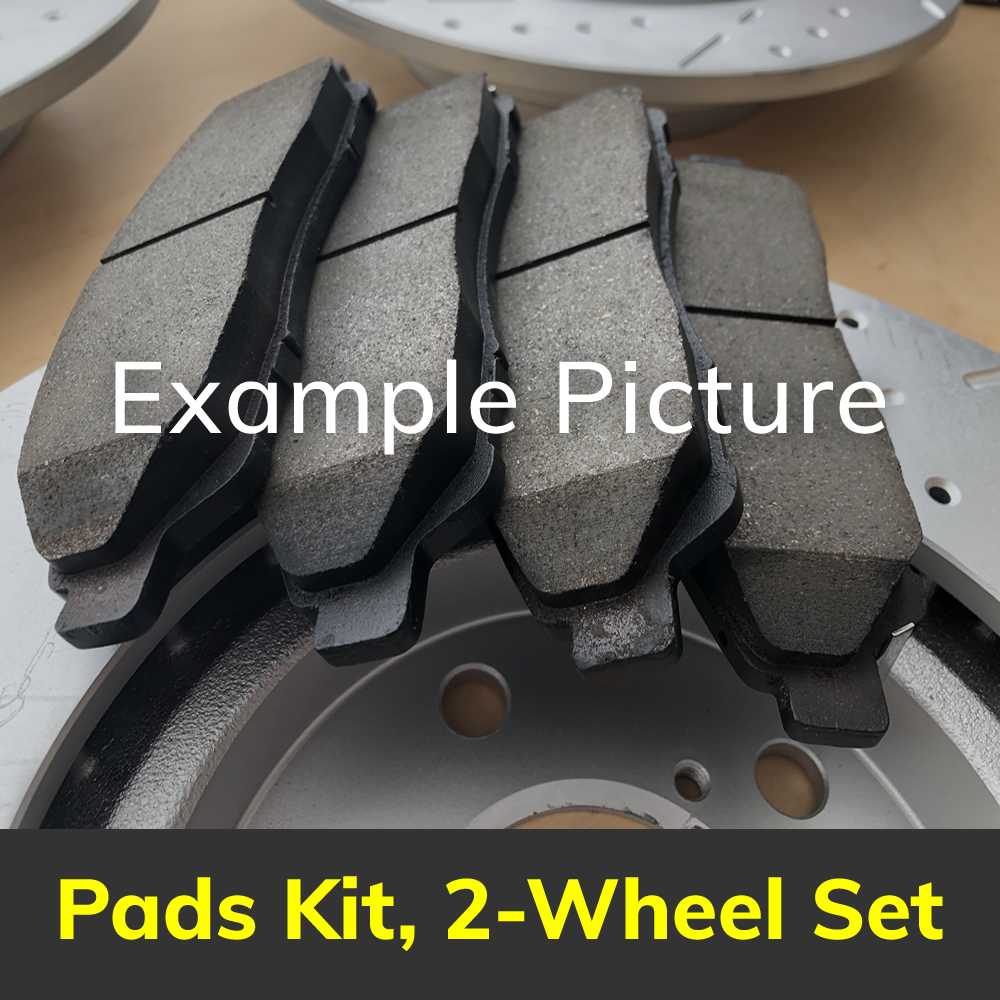
Part No: PD1339C
Raybestos: 1339
OE:
Raybestos: 1339
OE:
$39.46 each
Per Car QTY: 1
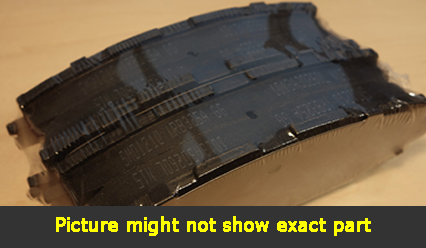
Part No: SMD1339
Raybestos:
OE:
Raybestos:
OE:
$30.92 each
Per Car QTY: 1
How to Choose Brakes for Your 2010 Ford Focus: A Comprehensive Guide
Choosing the right brakes for your vehicle is essential to ensure safety and optimal performance. When it comes to your 2010 Ford Focus, selecting the appropriate brakes can enhance your driving experience while keeping you and other road users safe. To help you make an informed decision, we have compiled a comprehensive guide on how to choose brakes for your 2010 Ford Focus.
1. Determine Brake Type:
The 2010 Ford Focus comes with different brake types – disc brakes for the front wheels and either drum or disc brakes for the rear wheels. Identify your vehicle's brake type before proceeding to select the appropriate brakes. Front disc brakes offer better stopping power and dissipate heat efficiently for consistent performance.
2. Consider Driving Style:
Take your driving style into account when choosing brakes. If you drive aggressively, tackle challenging terrains, or frequently encounter heavy traffic, you may benefit from high-performance brakes. These brakes are designed to withstand intense usage and offer enhanced stopping power and heat resistance.
3. Budget:
Establish a budget range for your brake replacement project. Brakes come in a variety of price ranges, and it's crucial to find a balance between quality and affordability. Remember, high-quality brakes generally last longer and offer better performance, making them a worthwhile investment.
4. Consult with Your Mechanic:
If you're unsure about which brakes to choose, consult with a trusted mechanic or a Ford dealership. They possess the expertise and in-depth knowledge to recommend the most suitable brake options based on your vehicle's specifications and your driving habits.
5. Brake Material:
Brake rotors and pads are available in various materials, each offering different benefits. The most common materials are:
- Semi-metallic: This type of brake material offers excellent stopping power and heat dissipation while being relatively affordable. However, it tends to produce more noise and wear down brake rotors faster.
- Ceramic: Ceramic brakes offer superior noise reduction, less dust accumulation, and better heat resistance. They tend to be pricier than semi-metallic brakes but can last longer and provide better overall performance.
- Performance materials: If you frequently participate in motorsports or engage in high-performance driving, consider upgrading to performance brake materials like carbon-ceramic or carbon fiber. These provide better stopping power and significantly reduce brake fade during intense use but come at a higher cost.
6. Brand Reputation:
Choose brakes from reputable manufacturers known for their quality and reliability. Brands such as Brembo, Wagner, Bosch, and Motorcraft are known for their excellent brake components and have a proven track record in the automotive industry.
7. Warranty:
Check the warranty offered by the brake manufacturer. A warranty can provide peace of mind and protect you against any manufacturing defects. Consider selecting a brand that offers a reasonable warranty period to ensure long-term customer satisfaction.
8. Installation:
Unless you are an experienced mechanic, it is best to have your brakes installed by professionals. Seek out a qualified technician who specializes in Ford vehicles or visit a Ford service center to ensure proper installation and maximize brake efficiency.
By considering the aforementioned factors carefully, you can choose the best brakes for your 2010 Ford Focus, ensuring a safe and enjoyable driving experience for years to come. Remember, investing in high-quality brakes not only enhances your safety but also improves the overall performance and longevity of your vehicle's braking system.
Choosing the right brakes for your vehicle is essential to ensure safety and optimal performance. When it comes to your 2010 Ford Focus, selecting the appropriate brakes can enhance your driving experience while keeping you and other road users safe. To help you make an informed decision, we have compiled a comprehensive guide on how to choose brakes for your 2010 Ford Focus.
1. Determine Brake Type:
The 2010 Ford Focus comes with different brake types – disc brakes for the front wheels and either drum or disc brakes for the rear wheels. Identify your vehicle's brake type before proceeding to select the appropriate brakes. Front disc brakes offer better stopping power and dissipate heat efficiently for consistent performance.
2. Consider Driving Style:
Take your driving style into account when choosing brakes. If you drive aggressively, tackle challenging terrains, or frequently encounter heavy traffic, you may benefit from high-performance brakes. These brakes are designed to withstand intense usage and offer enhanced stopping power and heat resistance.
3. Budget:
Establish a budget range for your brake replacement project. Brakes come in a variety of price ranges, and it's crucial to find a balance between quality and affordability. Remember, high-quality brakes generally last longer and offer better performance, making them a worthwhile investment.
4. Consult with Your Mechanic:
If you're unsure about which brakes to choose, consult with a trusted mechanic or a Ford dealership. They possess the expertise and in-depth knowledge to recommend the most suitable brake options based on your vehicle's specifications and your driving habits.
5. Brake Material:
Brake rotors and pads are available in various materials, each offering different benefits. The most common materials are:
- Semi-metallic: This type of brake material offers excellent stopping power and heat dissipation while being relatively affordable. However, it tends to produce more noise and wear down brake rotors faster.
- Ceramic: Ceramic brakes offer superior noise reduction, less dust accumulation, and better heat resistance. They tend to be pricier than semi-metallic brakes but can last longer and provide better overall performance.
- Performance materials: If you frequently participate in motorsports or engage in high-performance driving, consider upgrading to performance brake materials like carbon-ceramic or carbon fiber. These provide better stopping power and significantly reduce brake fade during intense use but come at a higher cost.
6. Brand Reputation:
Choose brakes from reputable manufacturers known for their quality and reliability. Brands such as Brembo, Wagner, Bosch, and Motorcraft are known for their excellent brake components and have a proven track record in the automotive industry.
7. Warranty:
Check the warranty offered by the brake manufacturer. A warranty can provide peace of mind and protect you against any manufacturing defects. Consider selecting a brand that offers a reasonable warranty period to ensure long-term customer satisfaction.
8. Installation:
Unless you are an experienced mechanic, it is best to have your brakes installed by professionals. Seek out a qualified technician who specializes in Ford vehicles or visit a Ford service center to ensure proper installation and maximize brake efficiency.
By considering the aforementioned factors carefully, you can choose the best brakes for your 2010 Ford Focus, ensuring a safe and enjoyable driving experience for years to come. Remember, investing in high-quality brakes not only enhances your safety but also improves the overall performance and longevity of your vehicle's braking system.



